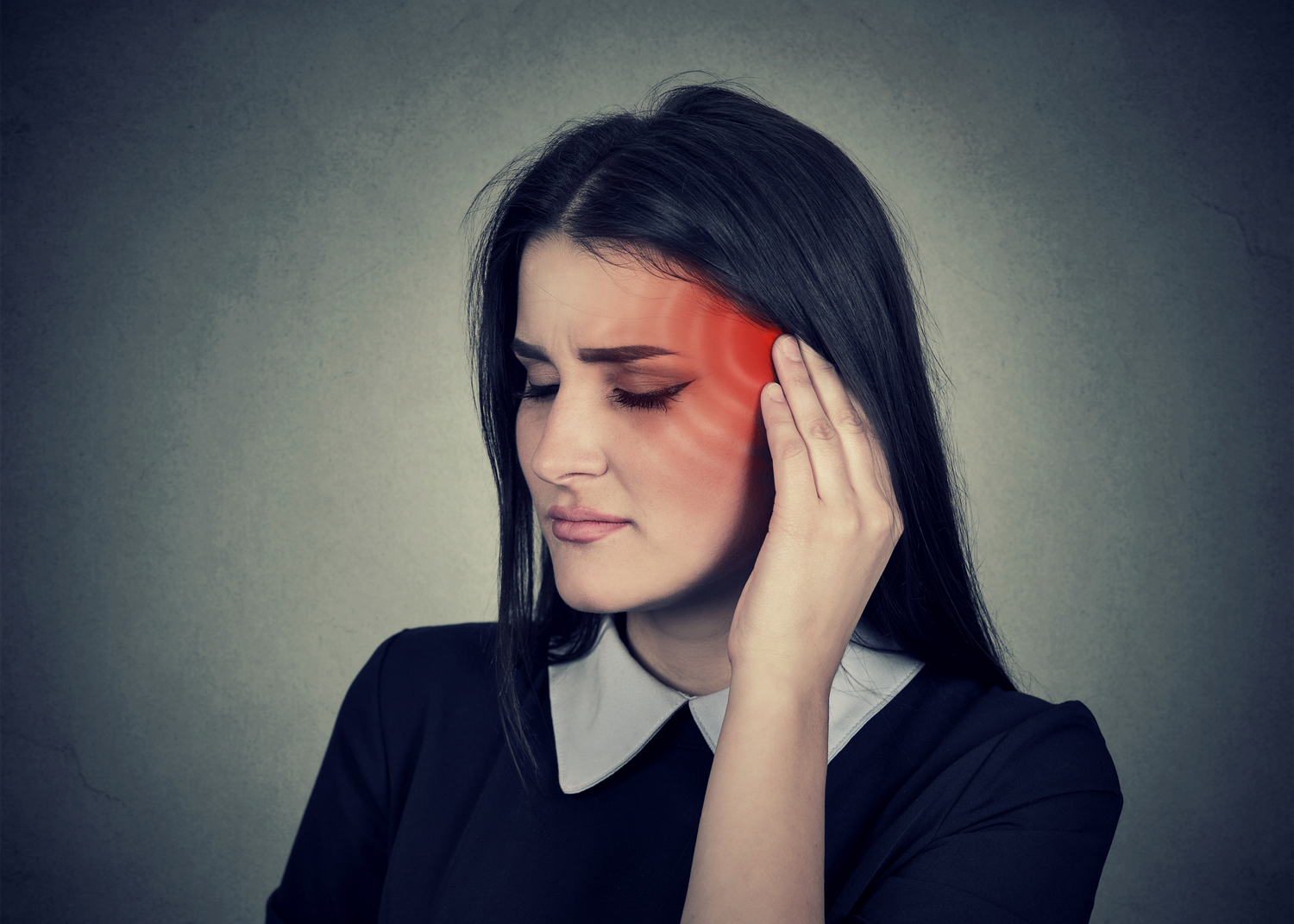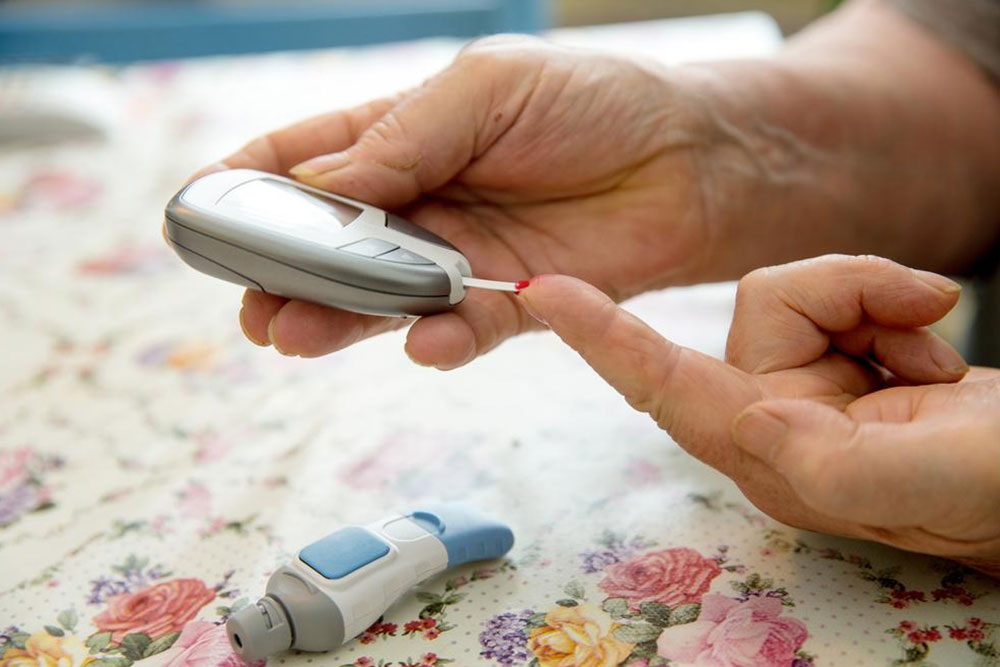Everything You Need to Know about Black Stools
Stool color indicates the human intestinal condition. It is influenced by the food we eat and the amount of bile produced. When the food and bile pigments travel through the gastrointestinal tract, through the mouth to rectum, react chemically with enzymes, thus causing stool to have a color. While brown or green color is considered normal, black stool indicates bleeding in the upper gastrointestinal tract, which consists of esophagus, stomach, and duodenum.

Causes of black stool
The basic cause of black stools is bleeding. The bleeding may happen due to various reasons which include,
- Peptic ulcer
This condition has a cut in the inner lining of the stomach, a part of the small intestine or lower esophagus. These ulcers, leading to bleeding, is mainly caused by stomach infection by the Helicobacter Pylori bacteria. - Malignant tumors
Cancer affecting the esophagus, small intestine or stomach may also result in bleeding of gastro intestine. - Gastritis
It is the inflammation of stomach lining causing abdominal pain, nausea or vomiting. Severe condition leads to bleeding in stomach causing black stools. - Colorectal cancer
This tumor starts developing in the colon or rectum. The bleeding in rectum will cause a change in the color of the stool. - Dietary Causes
The food consumed can also cause stool to appear black or tarry. Eating red or black food, like beetroot, blueberries, and black licorice, causes stool to appear black. - Other causes
Few other causes of intestinal bleeding include stomach cancer, colitis, hemorrhoids, and other inflammatory bowel diseases.
Black stool symptoms
The symptoms of the black stool are associated with the primary causes itself.
- Peptic ulcers show symptoms like changes in appetite, nausea, unexplained weight loss, and vomiting.
- Burning sensation and pain in the abdomen are also black stool symptoms.
- Gastrointestinal bleeding leads to bloating or swelling of the abdomen.
- Indigestion causes chest pain, tiredness, and nausea are also considered as symptoms of black stool.
- Damage to the lining of the stomach or intestine can also develop fever, disrupted breathing, feeling of lethargy, and diarrhea.
- Benign tumors also show symptoms like unexplained weight loss, abdominal cramps, constant bloating, and loss of appetite.
Treatment and prevention
Black stool is considered a medical condition caused by bleeding in gastro intestine and hence requires medical attention to prevent any potential emergencies. Treatment for black stool varies according to the cause of the problem. This condition can be prevented by including fiber-rich food in diet and drinking plenty of water.




